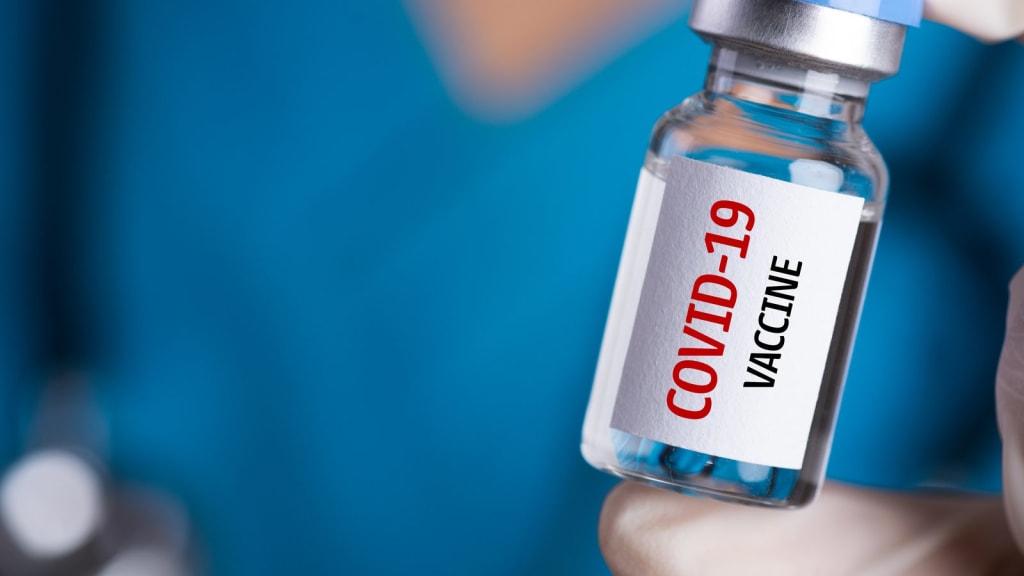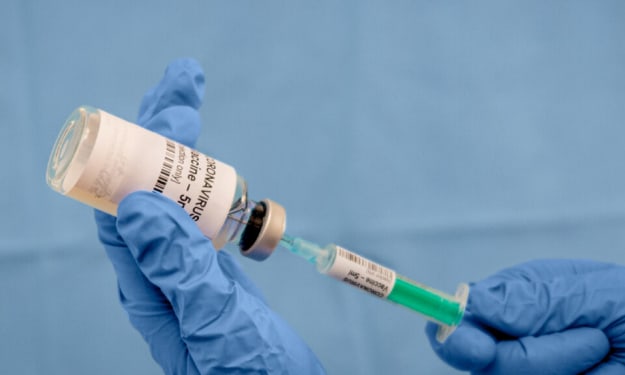UK Becomes First Country To Approve Covid 19 Vaccine
Pfizer/Biontech Vaccine Approved To Help Stop People Contracting Covid 19

It has been revealed that after long periods of testing to ensure it is safe for use in humans, The Pfizer/BioNTech coronavirus vaccine has been approved for widespread use in the UK. This will offer up to 95% protection against the disease. British regulator, the MHRA, says the jab is safe to start being used from next week. That means from the week commencing 7th December, people across the UK will be able to be vaccinated and gain protection from a brand new disease that n0 one knows anything about.
The UK is the first country in the world to have approved a vaccine for the Coronavirus which has led many people to worry about it's effectiveness and the safety about taking it. It has been tested on many different groups of people who were put in to different groups, some of them received the actual vaccine and some received a placebo.
The vaccine was created using the spike protein around the Coronavirus. After having the vaccine, if someone later goes on to catch the disease, anti-bodies and T cells are triggered to fight the virus. Since the vaccine was created using the actual spike protein, a person's body will be able to remember what it was like to be exposed to this and know the correct steps to take in order to fight the virus.
There are still questions being asked about whether the vaccine will be suitable for everyone to take and how long any anti-bodies which are produced will last. It has been claimed that people may have to take the vaccine a couple of times a year in order to maintain their immunity and ensure they are fully protected all the time. There is bound to be huge demand for this new vaccine so people are being advised not to contact their GP but for their GP to contact them.
The priority list for the first phase is as follows:
1 - Residents in a care home for older adults and their carers
2 - All those aged 80 and over. Front-line health and social care workers
3 - All those aged 75 and over
4 - All those aged 70 and over. Clinically extremely vulnerable individuals
5 - All those aged 65 and over
6 - All individuals aged 16-64 with underlying health conditions which put them at higher risk of serious disease and mortality
7 - All those aged 60 and over
8 - All those aged 55 and over
9 - All those aged 50 and over
Two groups will not receive the vaccine:
1 - Pregnant women
2 - Most children under 16
There are huge, logistical hurdles for GP's and anyone who will be giving the vaccine to the public as it has to be stored at -70 degrees Celsius. With GP's fridges already full with flu jabs for this year, there will be a rush to give people these vaccines in time to receive the new Covid 19 vaccines. It has also been stated that the flu vaccine and the new Covid 19 vaccine have to be given a few weeks apart but some people have suggested that they may have to be given at the same time.
The vaccine has been proven 95% effective at preventing people from contracting Covid 19. What isn't as clear is if people have the virus with no symptoms, will the vaccine prevent them from passing or transferring the virus on to other people.
There are still several vaccines for Covid 19 being tested including the Oxford/AstraZeneca vaccine. It is hoped that more vaccines will be approved and there will be a choice as to which can be given to different people depending on the effectiveness and how long the anti-bodies produced last.






Comments
There are no comments for this story
Be the first to respond and start the conversation.